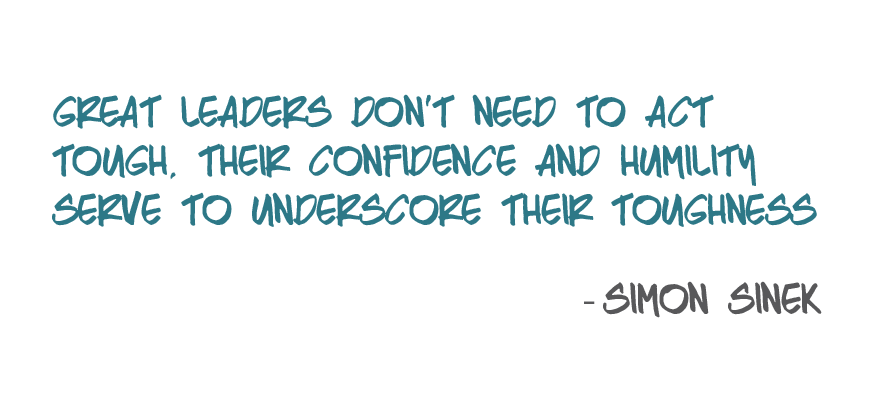Is Humility a Leadership Weakness?

Is Humility a Leadership Weakness?
Just over 20 years ago I was sat in my office talking to a consultant who was helping me with my first real management job. In the midst of our conversation, a coworker of mine entered the office to provide me with information she thought was of importance. We exchanged a few words and as I thought this was an ill-timed interruption, I was rude to her. In fact, the poor woman had no choice but to retreat from my office, with red cheeks and feeling embarrassed.
As I turned my chair to face the consultant again, he looked straight into my eyes and recounted what he had observed. I do not remember exactly what he said, but I remember feeling very uncomfortable with being “scolded”. His final words I will always remember though; “Thor, true strength lies in the ability to be humble.” At this moment something snapped in me. I remember looking him over from top to bottom and judging him. My conclusion was that he was much too “soft” to be able to support my development any further and from that day on I stopped using his services.
Still, some part of me had sensed an element of truth in his words and they travelled with me for a number of years. Every now and then I would come across articles or books on the topic of humility and gradually I started to understand what he had meant. It wasn’t until 7 years later though, that I invited him for a cup of coffee to apologise and thank him for the lesson.
In my job as an executive coach today, I still meet managers who see humility as a weakness. And I can see them looking at me, much the same way I looked at my consultant 20+ years ago, whenever the topic of humility comes up. Thankfully, there also seems to be a growing number of younger managers who understand the power of humility, which makes me optimistic about the future.
But what is this strength that humility possesses?
- Humility enables us to stay open to new learning, whereas arrogance (opposite) closes us up. The strength here is continuous, life-long learning.
- Humility prevents us from judging others, because we realise that we do not know them well enough or understand how they see the world. The strength here is to approach all people without prejudice.
- Humility helps us forgive others, and ourselves, because we understand that we are not meant to play judges. The strength here is to be able to give second chances and start anew.
- Humility before a powerful purpose convinces us to lay aside our own egos and sacrifice our own interests for a worthy cause. The strength here is the ability to stand firmly by our beliefs.
- Nelson Mandela brought peace to warring parties, armed with humility and forgiveness only. The power of his words was such that millions of people followed him through a non-violent peace process that became an example to the whole world.
- Gandhi conquered a whole empire armed with humility, fairness, forgiveness and compassion. Even after the infamous massacre of unarmed Indians in Amritsar, he advocated peaceful protests rather than violent retaliation. That required true strength of character.
- When humility enables us to see through our own ego patterns, we stop using fear as a consultant for our decision-making. This ability alone represents true strength for all types of managers and leaders.
- The humble leaders I have had the privilege of meeting are more understanding, more tolerant and more patient than the average. Additionally, they are often more steadfast in difficult situations and clearer in their decision-making, because they are not governed by their egos.
In today’s world, where we see an increase in social unrest and terrorism, not to mention scaremongering through “alternative facts”, we could to with a few more “humble leaders.”
Author: Thor Olafsson | Strategic Leadership




